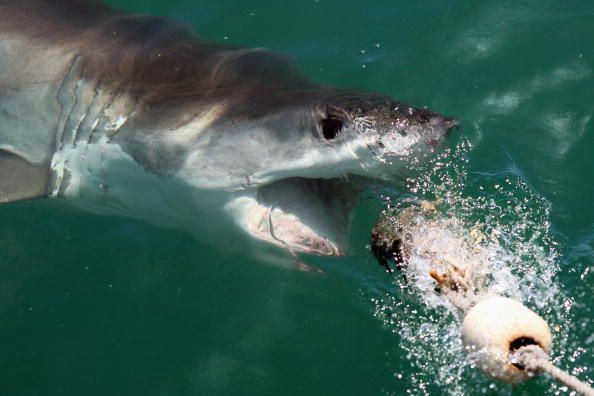Here's Why Great White Sharks Are Indestructible

Great white sharks are fearsome — and rightly so. A recent study has shown that it has a stunning evolutionary development that has made it virtually indestructible. Aside from its large mass and hyper-intelligent predator skills, great whites are also disease-free, which is why scientists are very eager to explore in the hope of applying the same for humans in the future.
In the study titled “White Shark Genome Reveals Ancient Elasmobranch Adaptations Associated with Wound Healing and the Maintenance of Genome Stability,” scientists compared the great white shark genome with several other animals, humans included. They found that the great white’s genomes are not only large physically but also genetically, being 50 percent larger than the human genome.
Inside each are genes responsible for their resilience and durability. One of such genes is the remarkable ability to heal fast, which enable the speedy growth of new cells and clots immediately following an injury. In addition, they have also been observed to have a protective mechanism that shields it against autoimmune disease (like cancer) and age-related illnesses.
Another genome that makes the great white shark special is the one that contains high levels of transposon DNA, also called the jumping gene. It is significant because it can help balance the cells and create a healthy environment by shuffling around the genome. While this creates mutations in the shark species, it is the same jumping movements that also possibly led to why the great white is extremely resilient.
Gizmodo quoted NSU Save Our Seas Foundation Shark Research Center director Mahmood Shiviji who said that studying the great white genome is an important issue in the constant search for treatments for a wide range of difficult human diseases. The results from the study are instrumental in seeking further information on how animals manage to survive and combat illnesses, particuarly cancer and age-related health issues.
© Copyright IBTimes 2025. All rights reserved.





















